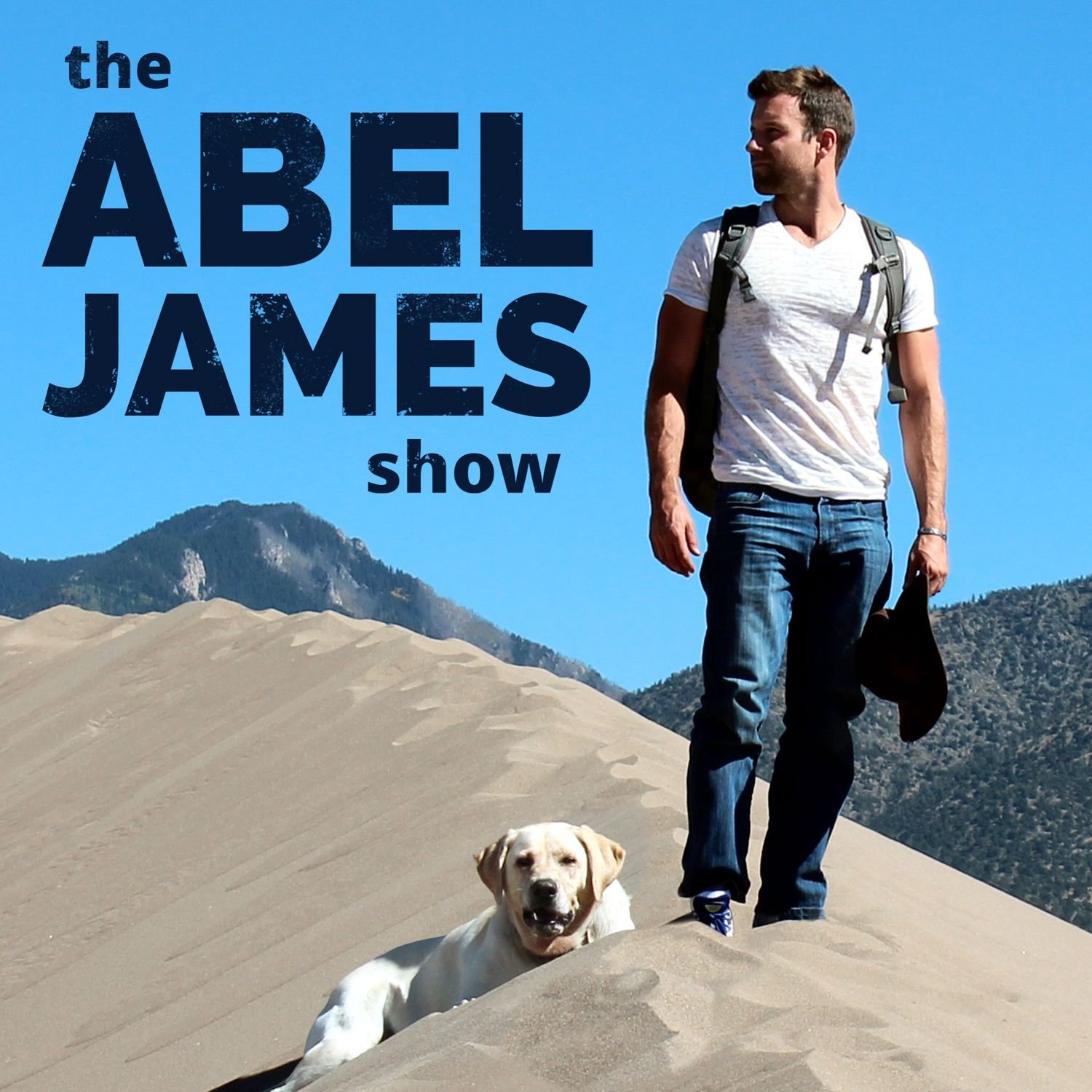Today's guest on The Fat-Burning Man Show is Chris Masterjohn. A self-proclaimed "recovering vegan," Chris has a Ph.D. in Nutritional Science and is a frequent contributor to the Weston A. Price Foundation journal, Wise Traditions. Chris is a sought-after nutrition expert and a seasoned researcher on the interactions between vitamins, essential fatty acids, and cholesterol. If you ever wondered if you should eat more fat, this show is a must-listen! On today's show, you will learn:
- Why Hexane is in our food (and why you should avoid it);
- How to manage inflammation instead of avoiding it;
- Why you should avoid corn oil at all costs;
- How to get all the nutrients you need to thrive;
- And a lot more on fats, cholesterol, and vitamins.
Enjoy the show, and please share it with your friends and family.
[powerpress channel="podcast"] Show Notes- Fat in our diet is important as it carries fat-soluble vitamins with it.
- It assists in the absorption of fat-soluble nutrients from vegetables.
- That's why it's important to add good fats to salads and vegetables.
- Fats helps to make food delicious but also more satiating.
- Favorite fats include butter and egg yolks, excellent for reproduction.
- Animal fats are next, but it really depends on how animals are raised.
- Natural state, free-range, grass-fed animals have more nutritious fats.
- Avoid factory-farmed animal products and go for grass-fed ones instead.
- Grain-fed and vegetable-oil-fed animals typically produce bad fats.
- Tropic plant-based fats are coconut oil, cocoa butter, and red palm tree oil.
- Non-tropic ones are olive oil, macadamia nut oil, peanut oil, and sesame oil.
- Avoid chemically processed oils, like soybean, corn, canola, and cottonseed.
- "Bad" oils have highly industrialized processes and solvents to extract them.
- They are bleached, deodorized, and have high levels of hexane for extraction.
- Hexane is toxic, and many soy-based foods to contain hexane residue.
- Cold-pressed oils are not perfect but better than solvent-based extraction.
- Overconsumption is not good as it increases polyunsaturated fatty acids.
- Corn oil is almost exclusively Omega-6, which makes you Omega-3 deficient.
- The language of "pro-inflammatory vs. anti-inflammatory" is misleading.
- Inflammation to a point is actually good (incites inflammation resolution).
- EPA (high dose fish oil) is close to non-steroidal anti-inflammatories.
- Interfering in the initiation of inflammation vs. resolution of it.
- High doses can interfere with both the initiation and the resolution.
- Anti-inflammatories (NSAIDs, Cox-inhibitors, etc) are therefore bad.
- Similarly, any natural "anti-inflammatories" in high doses are bad, too.
- It's better to give enough to our bodies to regulate inflammation instead.
- Use natural food sweeteners like raw honey or unrefined sugars.
- Balance is key, such as simple, utilitarian foods and gourmet foods.
- Everything in moderation is fine, including intermittent fasting.
- Fasting can be stressful, but stress is not always a bad thing.
- The point is to listen to your body and see how it responds to food.
- Try to include some liberal sources of nutrient-dense foods.
- Include organ meats, fish liver oils, bones for soups and broths.
- Cod liver oil is rich in vitamins A and D, and Omega fatty acids.
- Used for helping joint-tissue disorders with autoimmune components.
- Helps a variety of deficiencies that lead to blindness and rickets.
- Also used as preventative in many illnesses including common cold.
- Best source is unheated Cod liver oil, like Blue Ice and Corganic.
- Vitamins A, D, and K are fat-soluble vitamins that work synergistically.
- They help calcium and magnesium absorption, and regulate calcification.
- These vitamins are important in child development and in old age.
- Best derived from leafy green veggies, fermented products, and animal fats.
- The Daily Lipid
- Wise Traditions by the Weston A. Price Foundation
- Scientific PubMed articles by Chris Masterjohn
- Edible oil extraction
- Matt Stone and his approach to diet
- "Cod-liver Oil as a Therapeutic Agent" by John Hughes Bennett
- Blue Ice Fermented Cod Liver Oil
- Cholesterol and Health website
- Chris Masterjohn on Facebook
- Chris Masterjohn on Twitter
